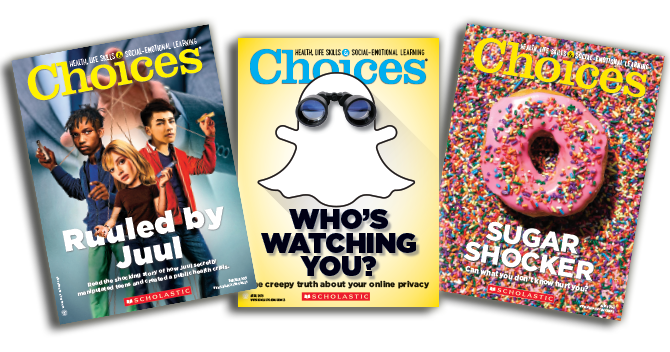Jordan's now in college and works at the Boys & Girls Clubs of Hudson County, New Jersey.
HIS STRUGGLE: Withdrawal, anger, stress, anxiety
HIS STRENGTH: Helping pass a law that gave 16- and 17-year-olds access to therapy without having to get a parent’s permission
“When I was 16 years old, there were some issues at home that I didn’t know how to deal with. I wanted help, I just didn’t know it was out there or how to get it. So instead, I was angry all the time, withdrawn. I didn’t have empathy for anyone. When I learned what therapy was, I immediately asked my mother if I could get it. But she said no. She didn’t want me sharing family stuff. And since I was a minor, New Jersey law said
I needed to get her permission. That was crushing. I felt like a bird in a cage—like I’d never get relief. Just a few months later, I went into foster care and was finally able to get some help.


